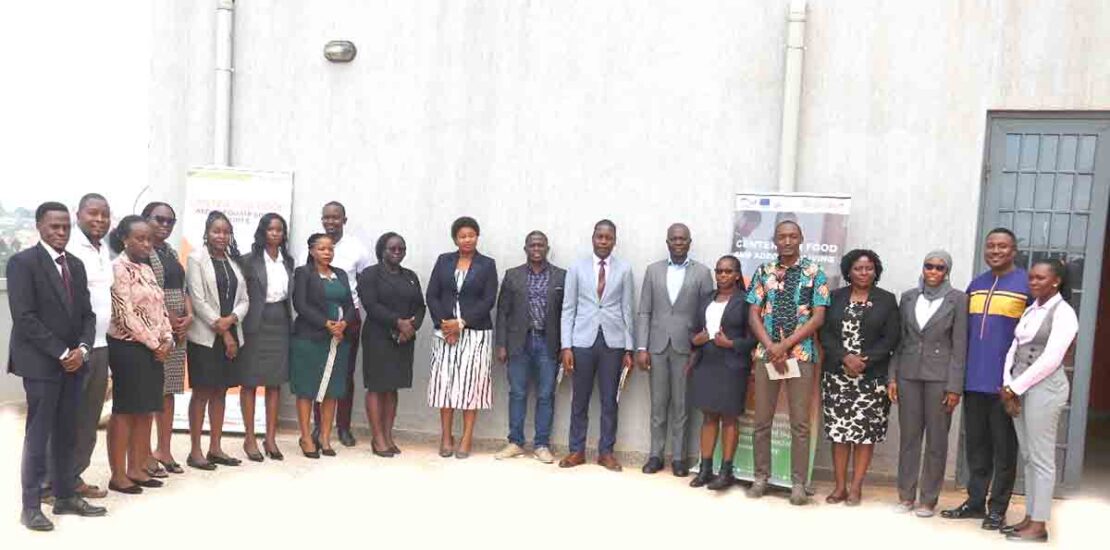“Life Before Profits”: Uganda’s Investment Frameworks and the Rise in Human Rights Violations Against Women
- March 6, 2021
- Posted by: CEFROHT Reporter
- Category: Advocacy

Investment policy frameworks—whether agreements, laws, or policies—are designed with a singular focus: to attract, promote, and protect investments. Rooted in the Structural Adjustment Programs of privatization, deregulation, and liberalization, these frameworks prioritize investor rights and interests, often at the expense of human rights.
For more than two decades, the concepts of human rights and business were rarely linked. Governments were seen as the sole guardians of human rights, while corporations pursued profit maximization at any cost. However, in a post-COVID-19 world, the state must not only protect and respect human rights but also ensure that businesses uphold them. Principle 9 of the UN Guiding Principles on Business and Human Rights underscores this obligation, urging states to preserve policy space for human rights when negotiating investment treaties or contracts.
The 65th Session of the Commission on the Status of Women emphasized women’s full participation in public life and the elimination of violence to achieve gender equality. Similarly, the Generation Equality Campaign advocates for women’s decision-making rights in all spheres and an end to gender-based violence. Yet, in Uganda, these ideals clash with harsh realities.
Even before the pandemic, major corporations in Uganda were accused of exploiting marginalized groups. With COVID-19 exacerbating economic pressures, violations are expected to worsen as companies cut costs and sideline human rights.
A Crisis in Uganda’s Investment Sector
A recent report by SEATINI Uganda and Urgent Action Fund exposes severe abuses in some of Uganda’s most profitable industries—sugar, palm oil, flowers, tea, and textiles. Workers, particularly women, endure:
- Land grabbing and displacement
- Extreme labor conditions, including 1,200-kilogram daily loads
- Lack of protective gear, leading to chemical burns and respiratory issues
- No maternity or annual leave
- Substandard housing, with multiple families crammed into tiny rooms
- Forced cohabitation and other exploitative practices
Legal Gaps Fueling Exploitation
Uganda’s Investment Code Act (2019) lacks provisions for Human Rights Impact Assessments, leaving workers vulnerable. Meanwhile, the Occupational Safety and Health Act (2006) allows employers to shift the burden of providing protective gear onto employees.
Additionally, Uganda’s Bilateral Investment Treaties (BITs)—six of which are active—prioritize investor protections over citizen welfare, enabling corporations to evade accountability for rights violations.
A Call to Action on International Women’s Day
As Uganda marks International Women’s Day, advocates demand better conditions for women in factories and plantations. To build an equitable future post-COVID-19, the government must prioritize dignity and livelihood for female workers.
By Nkasiima Janet
Program Manager
